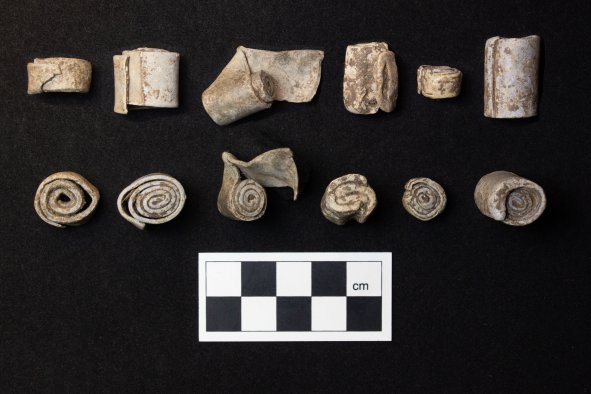The way you run may be linked to your personality type, according to a new study.
The Myers-Briggs Personality Type Indicator is a popular test that is designed to identify a person's personality type, strengths and preferences. Now, an international team of researchers suggests the MBTI inventory can help you understand your running style.
For the study, 80 runners were asked to complete three randomized 50m running trials at different speeds. The researchers, including scientists at the Volodalen SportsLab in France, analyzed how the different runners moved during these trials.
They also assessed the athlete's personality traits using the MBTI test, which categorizes people in four ways: extraversion-introversion, sensing-intuition, thinking-feeling, and judging-perceiving.
The team noticed the sensing-intuition branch specifically appeared to link to running style. 'Intuition' runners appear to use their legs as springs in a 'stretch-shortening' running style, with a more dynamic and elastic running form.
Meanwhile, 'sensing' runners seemed to favor a more earthbound running style, propelling themselves forward rather than upwards.
The MBTI test suggests that sensing individuals may be more likely to focus on concrete facts and physical realities, while 'intuitive' individuals emphasize abstract concepts and patterns of information.
The results of the current study suggest that runners with sensing and intuition personality traits differ in their ability to use their lower limb structures as springs.
According to the researchers, there may be a correlation between people's personality traits and their preferred movement patterns. Previous research has linked extraverted personality types with certain postures when sitting down.
The research is based on a theoretical framework called embodied cognition, which suggests there is a close relationship between the cognitive process in the brain—such as how we perceive things—and our physical bodies.
Embodied cognition suggests that our cognitive processes—like memory, processing speed, attention and spatial recognition—are influenced by our body's interactions with the physical environment.
The Myers-Briggs Personality Type Indicator is a self-report inventory designed to identify a person's personality type. The questionnaire was developed by Isabel Myers and her mother Katherine Briggs based on their work with Carl Jung's theory of personality types.
According to the MBTI, individuals fall on a continuum between four different dichotomies, for example, extraversion versus introversion. However, the test suggests individuals have a dominant preference in each of the four categories, which results in one of the sixteen possible personality types.
Although it is widely used, scientists have questioned its validity due to a lack of nuance, unconscious bias and empirical data.
The full findings of the study were published in the journal PLOS ONE.
Disclaimer: The copyright of this article belongs to the original author. Reposting this article is solely for the purpose of information dissemination and does not constitute any investment advice. If there is any infringement, please contact us immediately. We will make corrections or deletions as necessary. Thank you.



